
Dairy products represent a broad category of foods that might confuse many parents when it comes to their baby's diet. Whether or not you should give your baby dairy products depends on both the quality of the product and the way your baby can digest them. But, can babies have cottage cheese?
We have to distinct from the beginning that babies with lactose intolerance or a sensitivity to either lactose or cow's milk protein should not have any dairy product containing these two ingredients.
If your baby can digest lactose and milk protein with no health issues, choosing high-quality dairy products should be the next aspect to consider.
From all the dairy products you might want to offer to your baby, cheese tends to be one of the most popular options. But there are so many kinds of cheese that might be hard to choose.
Cottage cheese is an excellent option for babies, while processed cheese should not be an option at all.
Jump to:
Can Babies Have Cottage Cheese?
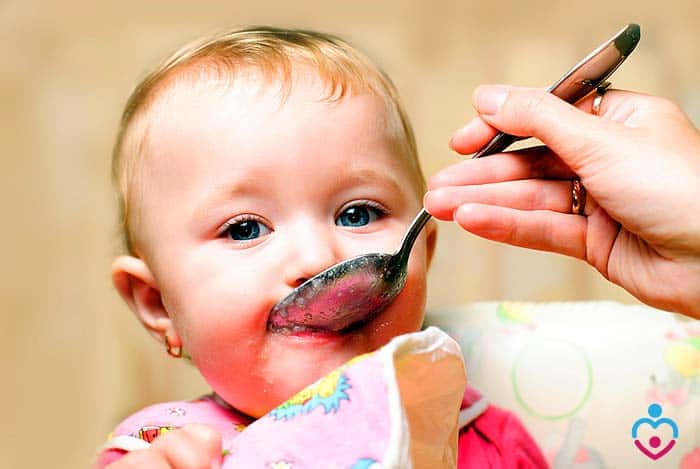
Babies can have cottage cheese, starting with six to eight months old. You can mix this cheese with other fruits or veggies such as banana or avocado to create a meal.
But you can also feed them cottage cheeseby itself. Make sure to choose a type of cheese that has little salt as your baby doesn't need extra salt besides the one, they get from their fruits, veggies, and formula or breastmilk.
If you are wondering how you can choose the best cheese for your little one but also other dairy products, here are a few aspects to keep in mind!
Healthiest cheese for babies

Cheese can offer your baby a significant amount of calcium and healthy fats regularly.
- From all the types of cheese, cottage cheese tends to be one of the healthiest options.
- You can feed it to your baby between meals as a healthy snack or as a meal itself.
- Stay away from processed cheese or cheese that is high in salt or contains other chemicals.
- These types of cheese can cause digestive problems such as constipation and even allergies.
Can babies have mayonnaise?

If giving your baby cottage cheese or cream cheese are excellent ideas, not the same can be told about mayonnaise.
- Mayonnaise can be a dangerous food to give to your baby as it contains raw eggs. Babies can have eggs once they reached six months of age, but they should have cooked eggs.
- Since the eggs in mayonnaise are raw, they might not be able to digest such a product quickly. The type of eggs used in the recipe is also essential.
- There are eggs labeled as safe to be consumed raw, which might be easier to digest for your baby. If you use such eggs, you can add them to the mayonnaise recipe or feed them to your baby lightly cooked.
- However, any other eggs used in the recipe of mayonnaise that is not safe to be consumed raw can cause gas, bloating, and heartburn in babies.
- If you plan to feed your commercial baby mayonnaise, you want to check the ingredients carefully.
- Purchase mayonnaise with as many natural ingredients as possible and no chemicals. Also, check to see if the producer mentions the type of eggs used to prepare the mayonnaise.
- If that is not specified, you might want to skip it and prepare such food at home so you can control the ingredients.
Cream cheese for babies
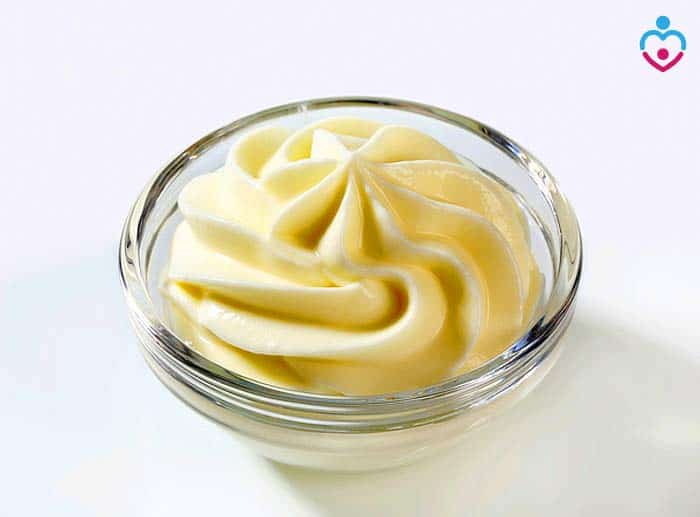
Cream cheese is also a good option for babies that are about eight months or older.
- However, if you decide to feed them this cheese, avoid flavored ones.
- Plain cream cheese that is easy to eat and has no added ingredients tends to be the healthiest choice.
- Plain cream cheese is also similar to yogurt in terms of texture.
- This will help babies relate to it more and appreciate it as part of their diet.
Cottage cheese for babies led weaning
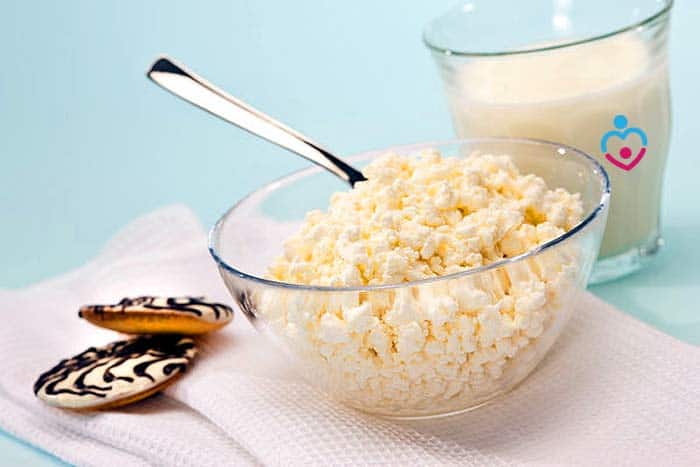
Cottage cheese is one of the best options if you are weaning your baby.
- This cheese is creamy and tasty enough to help your baby transit from formula or breastmilk to solid food easier.
- It has the perfect texture and also a significant amount of calcium.
- You have many options to feed your baby with this type of cheese when they reach six months old.
- You can give it to them plain or mix it with fruits and veggies in a delicious cream.
- You can also add it to their smoothies to give them a more creamy texture.
- Take your child's tastes into consideration as well since they might have specific preferences, even at such a young age.
Can babies eat butter at 6 months?
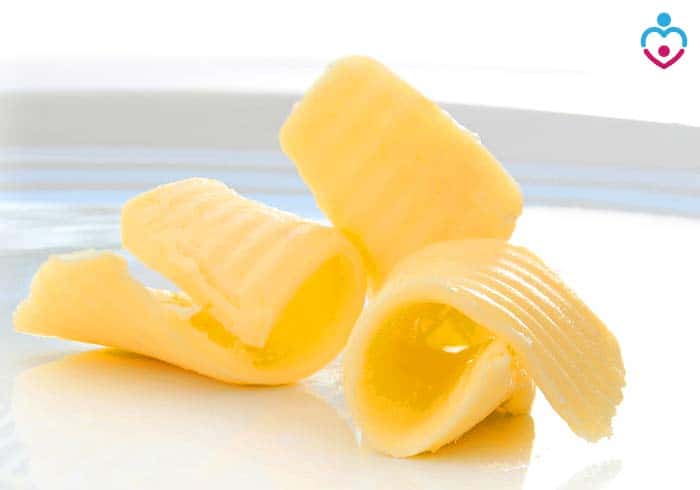
If you are wondering about giving your baby butter as you introduce solid food to them, you should know that this is a perfect idea.
- Butter offers a great type of fat that your baby needs to develop correctly.
- Once you take your baby off breastmilk or formula, or you reduce these meals and replace them with solid foods, they will have less fat.
- To supplement the fat intake, adding butter to their meals is a great alternative.
- You can add a tablespoon of butter to their smoothies or purees. This will make them tastier and healthier.
- However, you don't have to add butter to every meal your baby has.
- Limit it to 4 or 5 meals a week, and they should get the fat they need. Especially if you use a type of butter with a high-fat level.
When Can Babies Eat Unpasteurized Cheese?
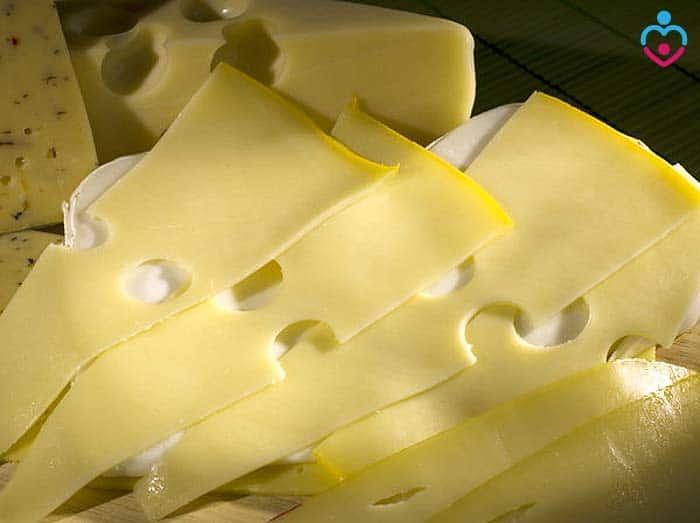
It is essential to not give your baby unpasteurized cheese before they turn two years old.
- Infants are not developed enough to process certain bacteria, and they might develop side effects or even infections.
- Pasteurization is a process that uses high levels of heat to kill bacteria in certain foods. Even if pasteurization gets rid of bacteria, it conserves the nutrients still.
- When it comes to cheese, companies don't have to clearly specify if the product is a pasteurized or unpasteurized one.
- However, some choose to put this information on the tag. As a general rule, you can expect to find unpasteurized cheese and other dairy products if you purchase them from a farmer.
- In case you are not sure whether or not cheese is pasteurized, you should avoid giving it to your baby.
Cottage cheese can be an important source of calcium for your baby, but you should always talk to your doctor before adding it to their diet.
It is important to feed your baby dairy products that are made of natural ingredients and little to no added chemicals.
You can find cottage cheese, especially for babies, in supermarkets, as well as local markets. Purchase it from a reliable source and add it slowly to your baby's diet by observing their reaction to it.
![]()
Key References
- "When Can You Give Cottage Cheese to a Baby? | Hello Motherhood". Accessed June 11, 2020. Link.
- "Foods to avoid giving babies and young children - NHS". Accessed June 11, 2020. Link.
- "Unpasteurised v. Pasteurised cheese - what are the differences?". Accessed June 11, 2020. Link.




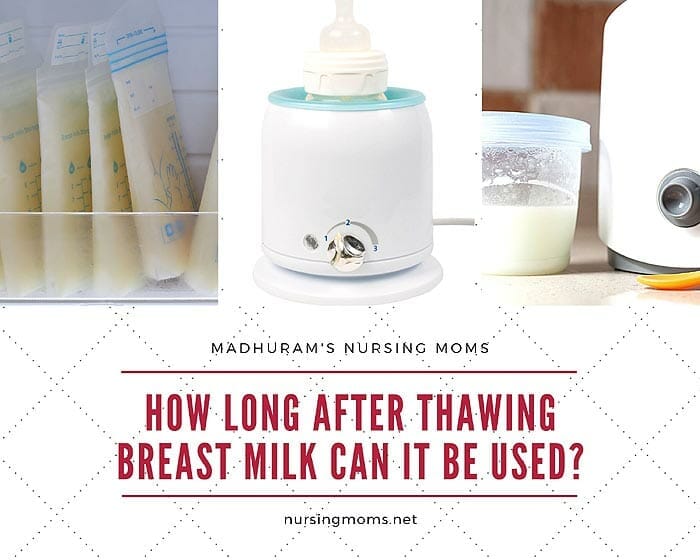
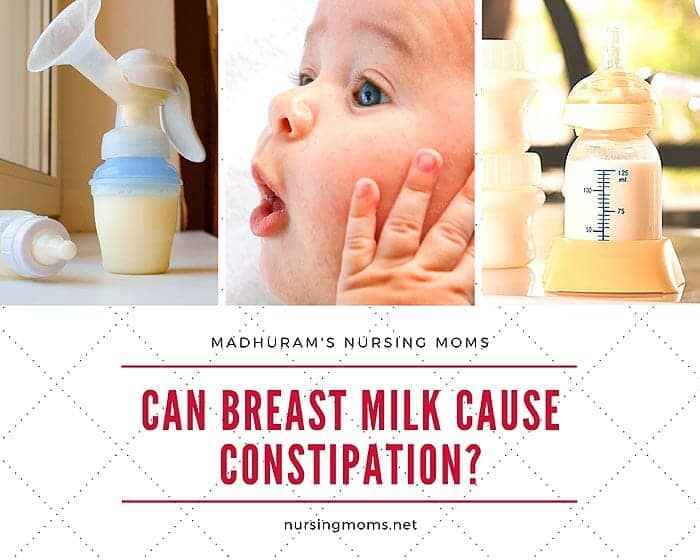
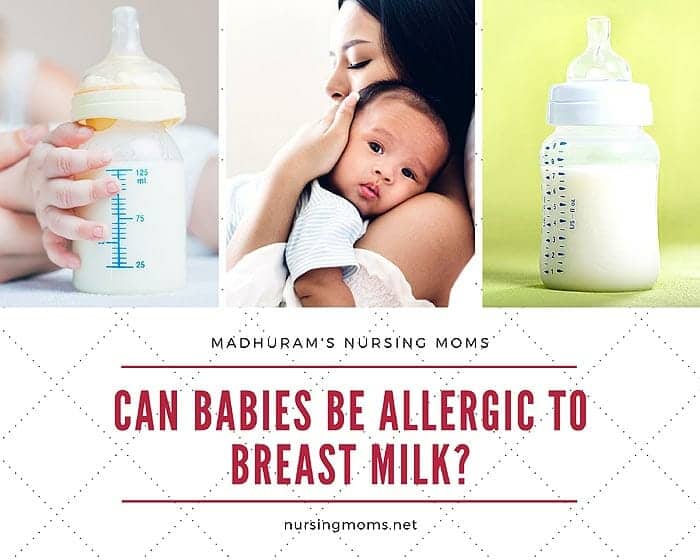
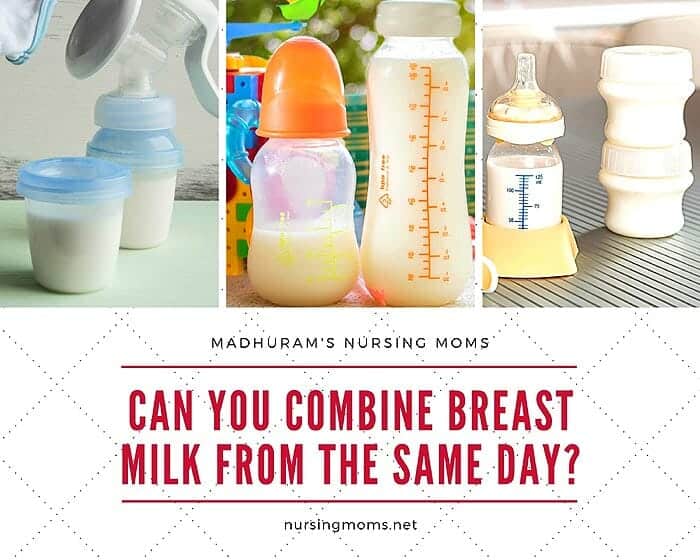

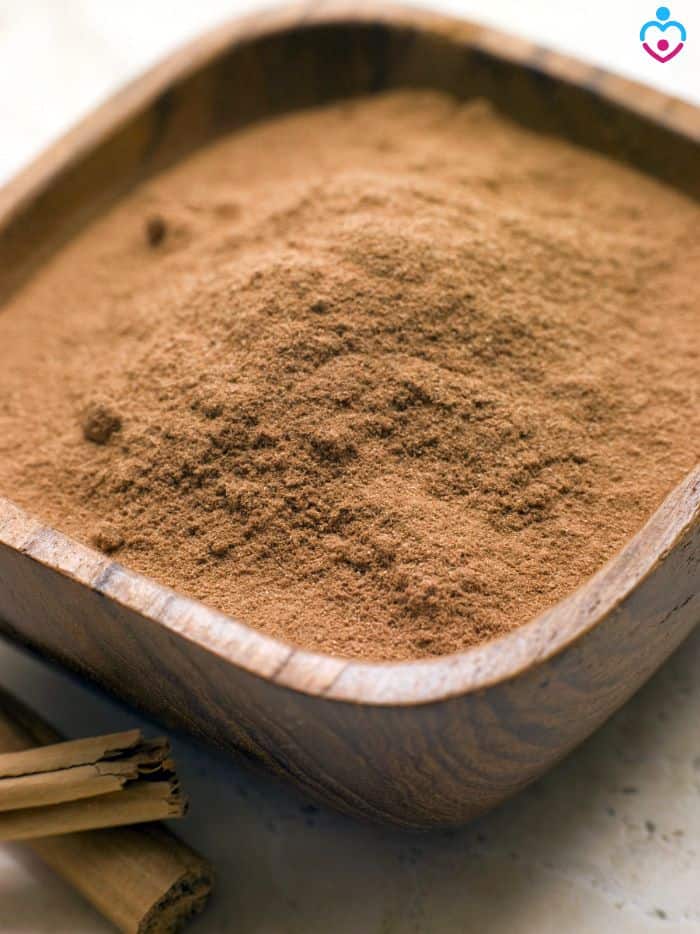
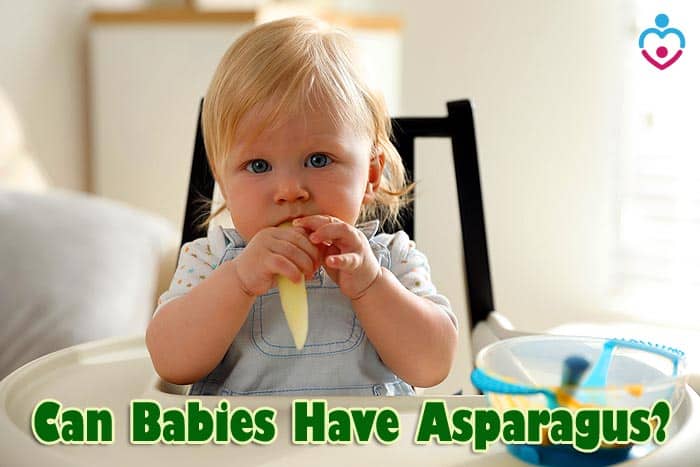
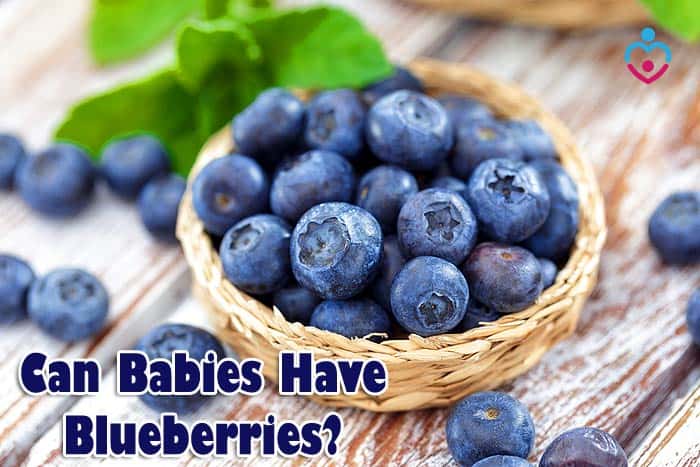
Leave a Reply